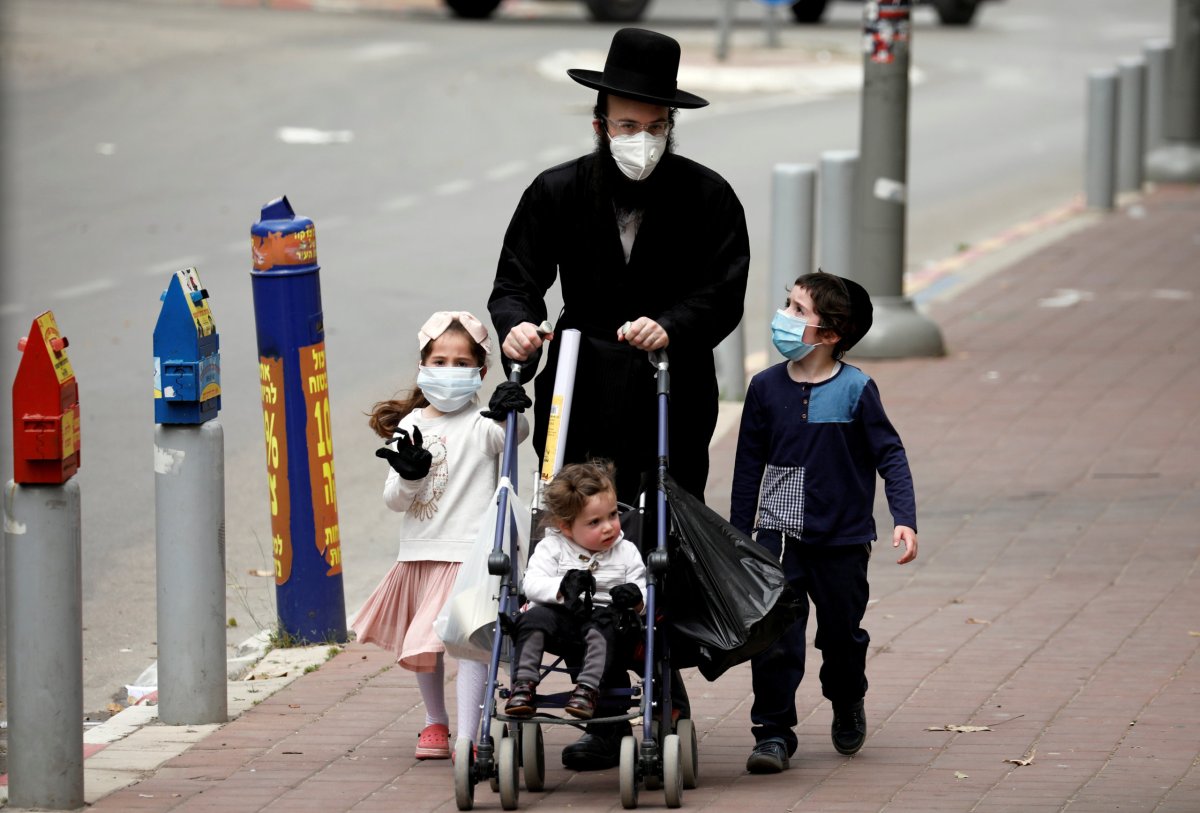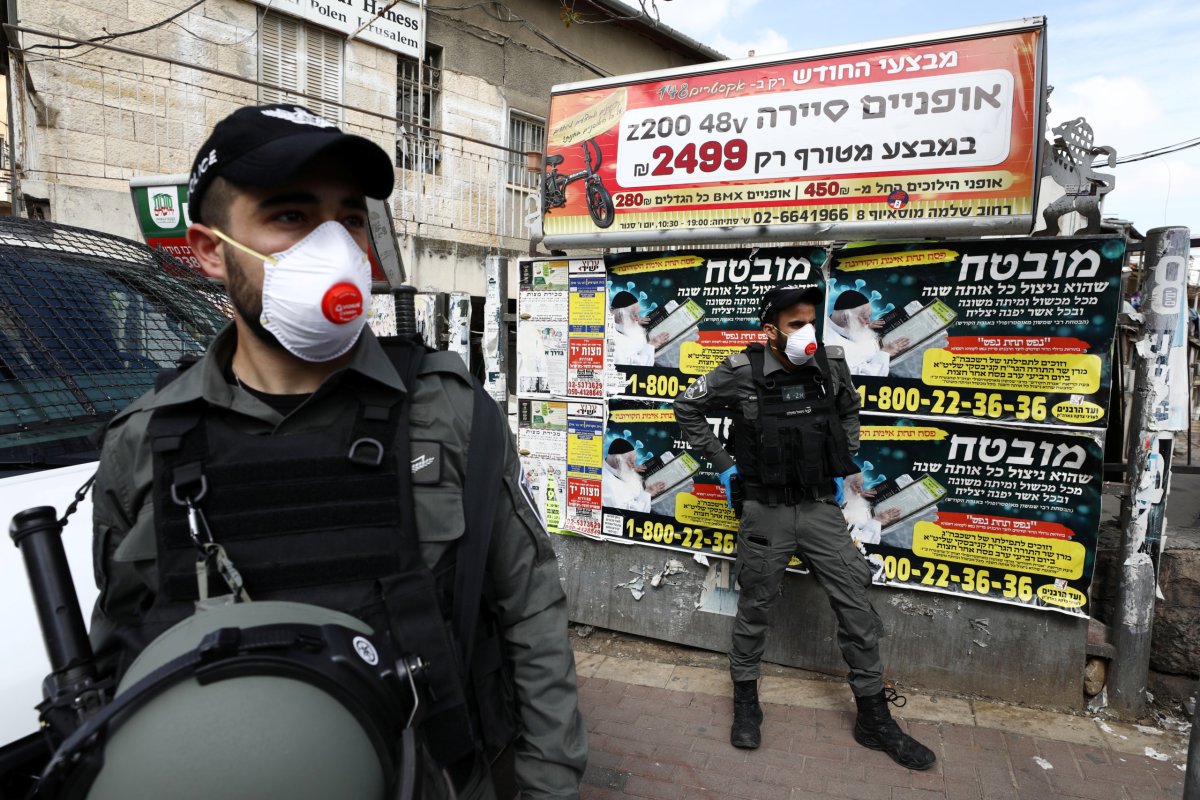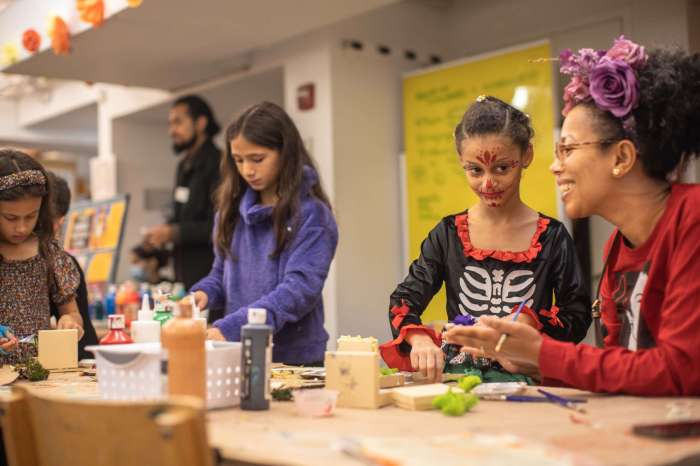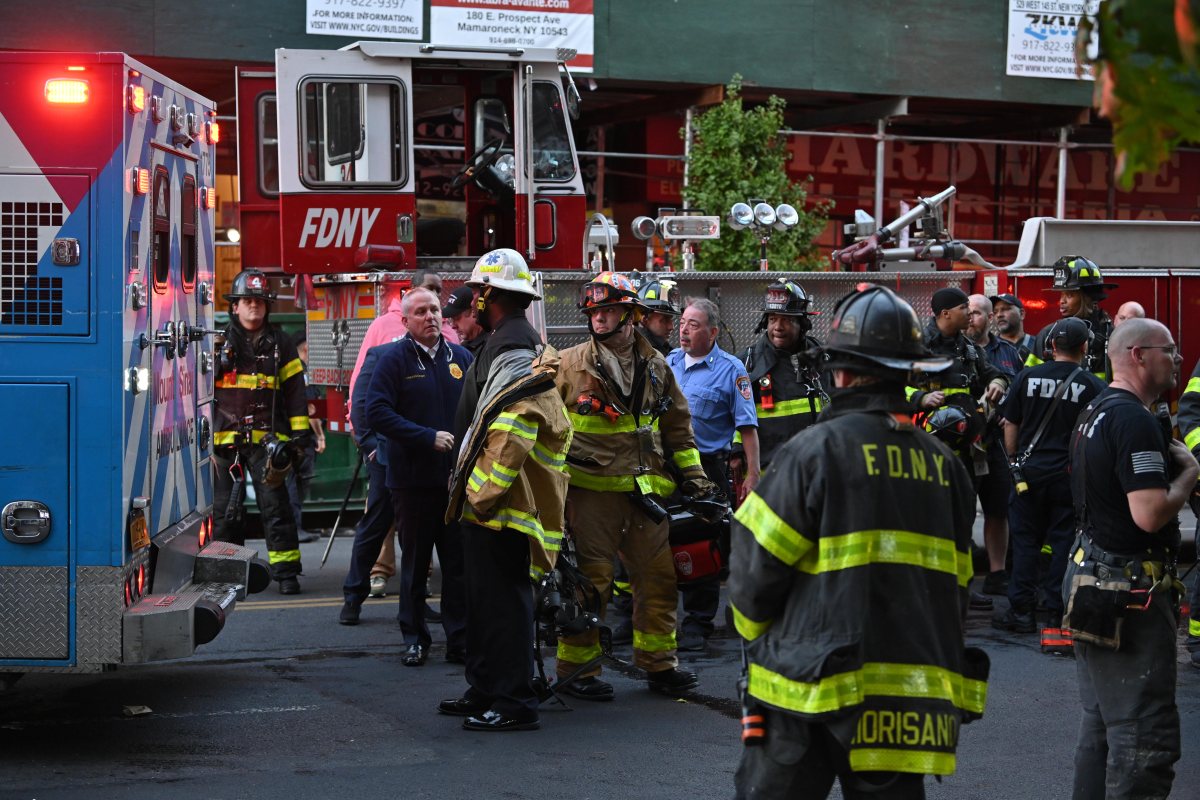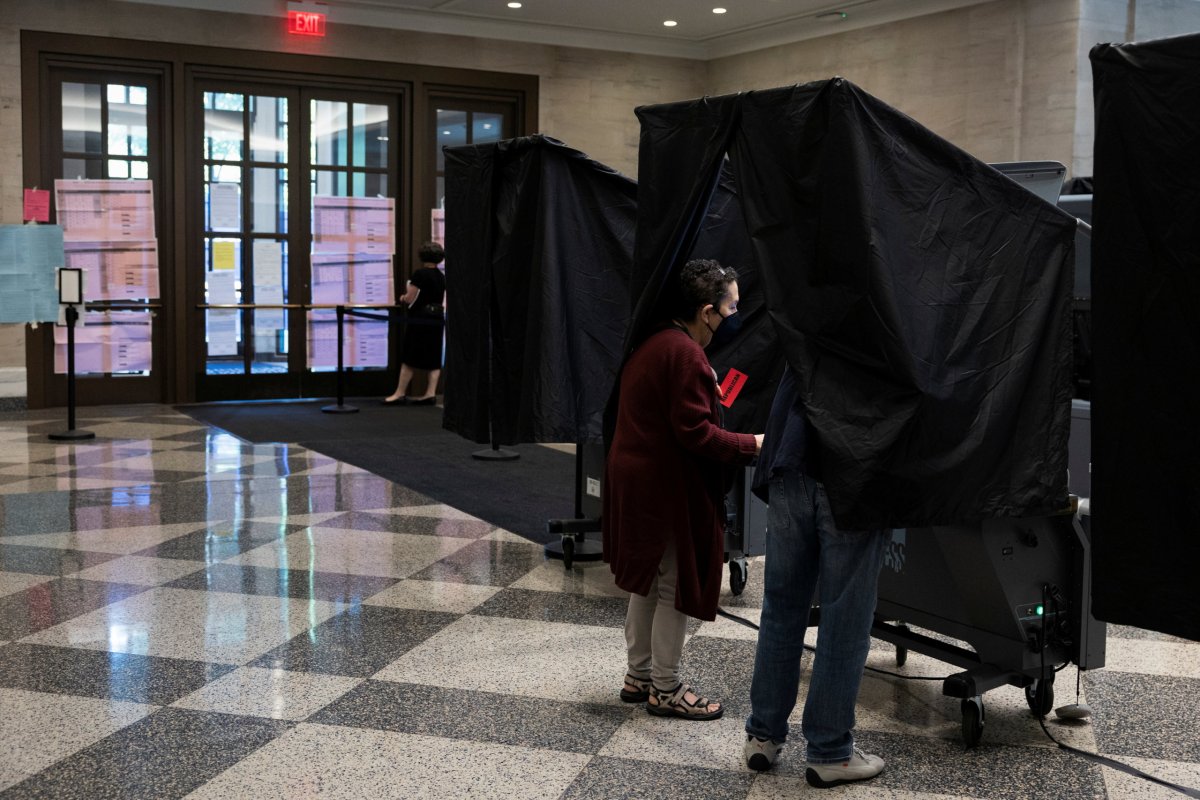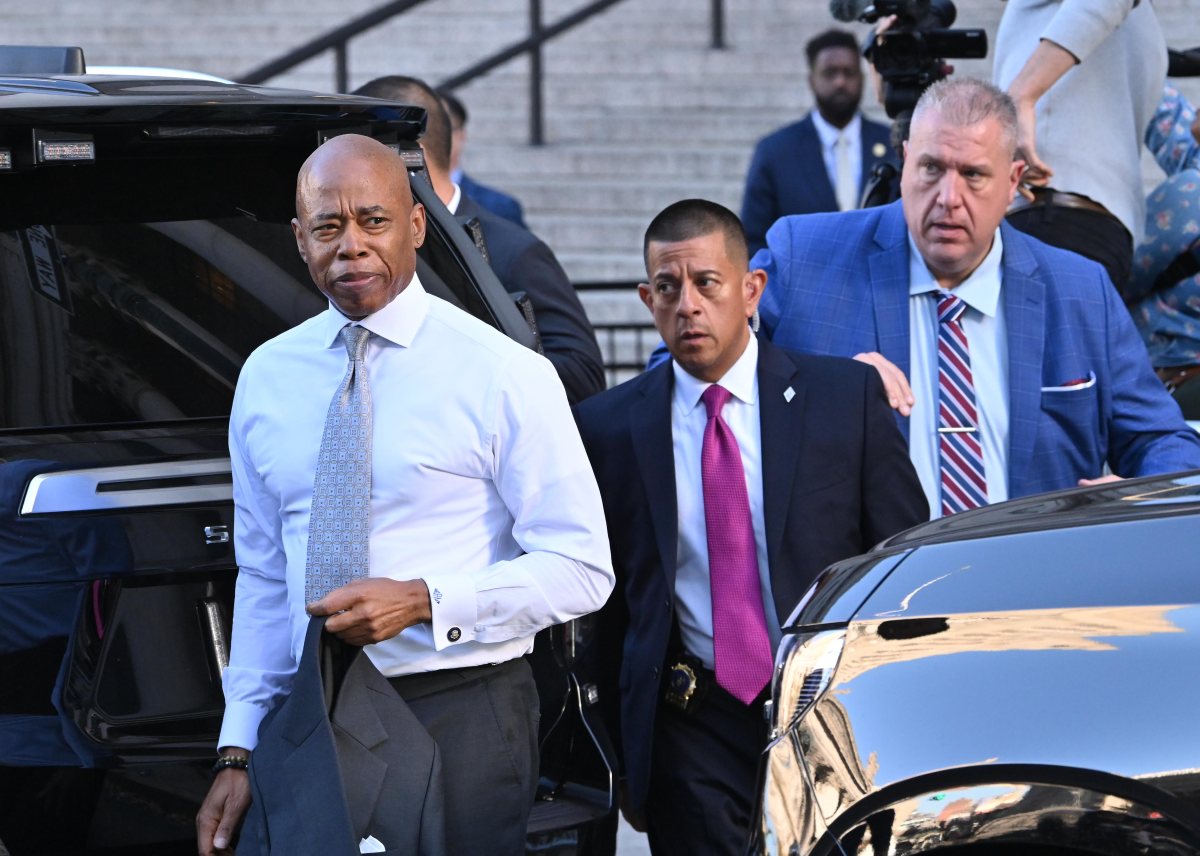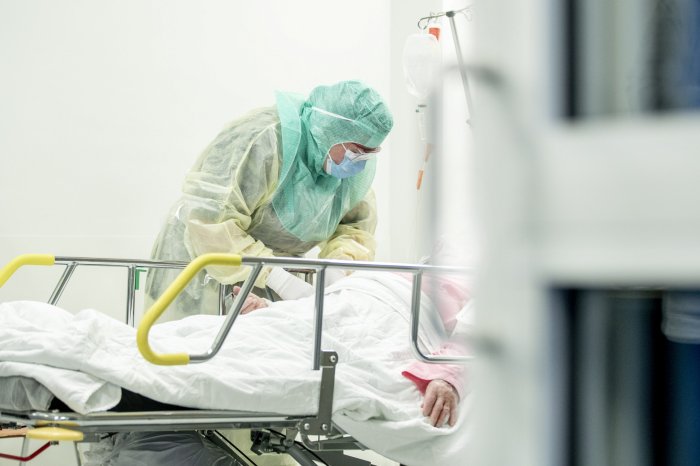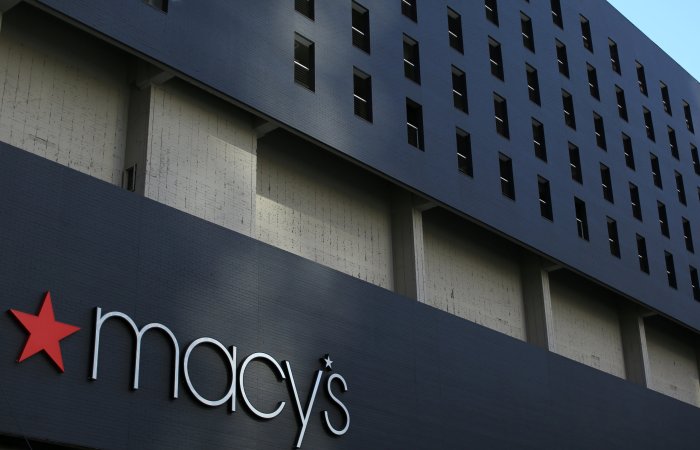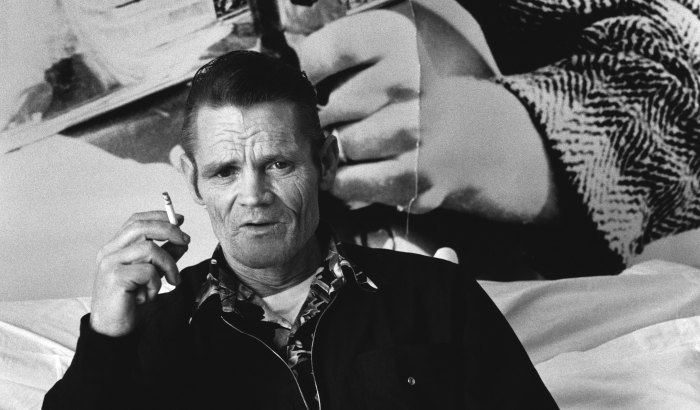JERUSALEM (Reuters) – The Israeli government issued orders on Tuesday requiring citizens to wear face masks in public to try to stem the spread of the novel coronavirus as the country enters a lockdown for the Jewish Passover holiday.
The government also approved a timeline for tightened travel restrictions throughout much of the week-long festival, which begins on Wednesday when Jewish families gather for a meal commemorating the Biblical exodus from slavery in Egypt.
Israel has introduced the tougher measures in the hope the coronavirus will have been sufficiently contained once the April 8-15 festival is over to begin a gradual easing of restrictions.
But national leaders have made clear a recovery will take time.
“We will return to full routines within a year,” Defence Minister Naftali Bennett told Army Radio on Tuesday.
Prime Minister Benjamin Netanyahu last week urged Israelis to wear masks in public, a measure the government said would become compulsory on Sunday.
Children under six, the mentally disabled or those alone in vehicles or workplaces are exempt. The government said masks could be homemade.
A ban on unnecessary out-of-town travel began on Tuesday evening and will last until Friday morning, effectively preventing large gatherings for Passover.
Food shopping within towns will be forbidden from 3 p.m. Wednesday, a few hours before the meal begins, until the following morning.
The government said the holiday shopping ban would not apply to non-Jewish minorities. Around a fifth of Israeli citizens are Arabs, mostly Muslims, Druze and Christians.
Israel has more than 9,000 confirmed cases of the coronavirus. At least 60 people have died.
Ahead of the holiday, Israel’s military distributed some 50 tons of fruit and vegetables to residents of an ultra-Orthodox town that has been hit hard by the coronavirus and was sealed off last week, the military said on Tuesday.
Bnei Brak, a town of some 200,000 near Tel Aviv, was declared a restricted zone on Thursday and police have restricted access.
Around one third of Bnei Brak residents who were tested for the virus were found to have it, Israeli media have reported, citing health ministry data.
Many of the town’s residents are poor and some have heeded rabbis who, distrusting the state, spurned anti-virus measures.
In a broadcast Passover benediction on Tuesday, Chief Rabbi Shlomo Amar sought to reassure the country.
“May the Lord lift the dark and heavy cloud of this pestilence from over us,” he said.
(Reporting by Dan Williams; editing by Jeffrey Heller, Raissa Kasolowsky and Barbara Lewis)

